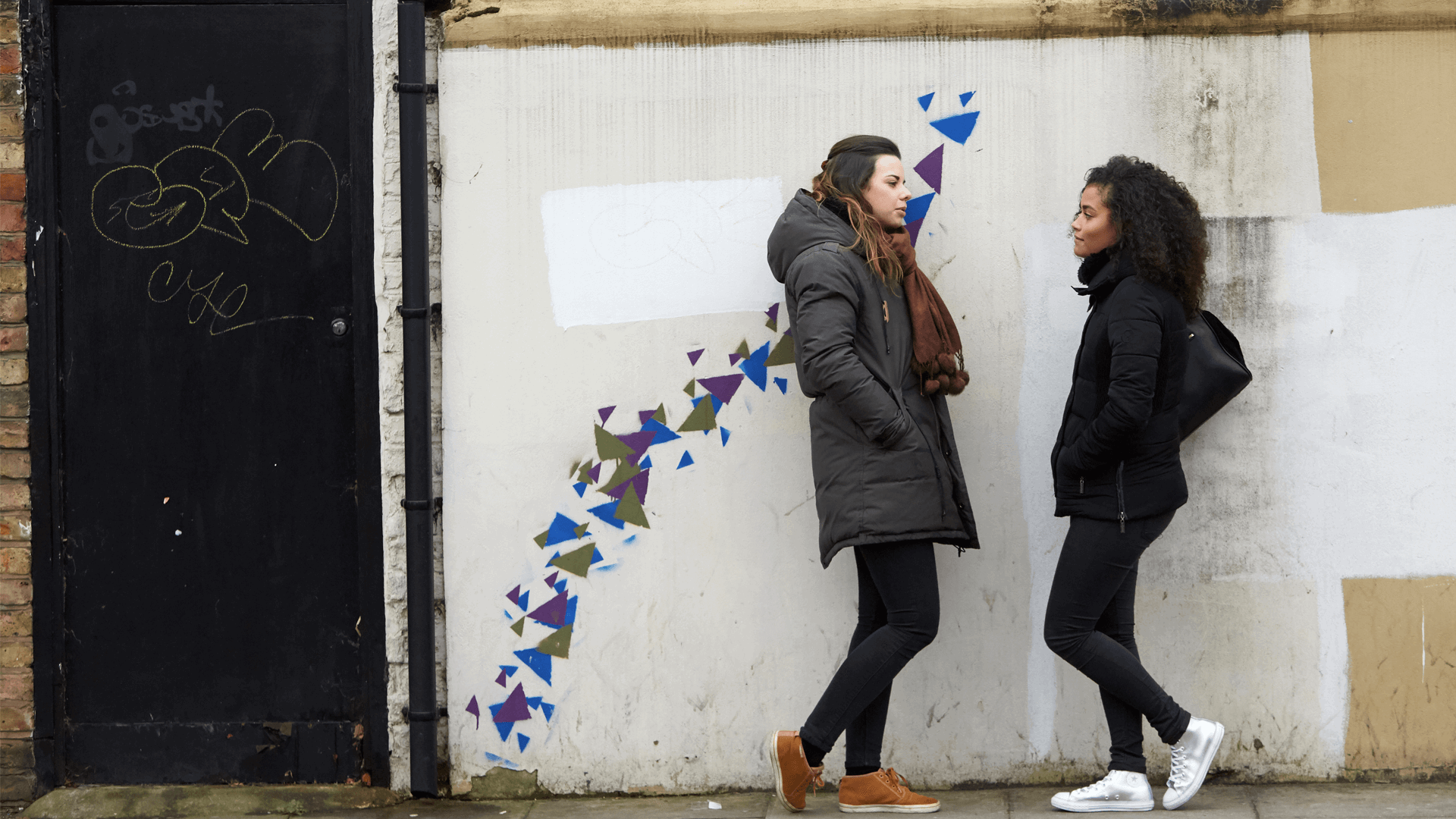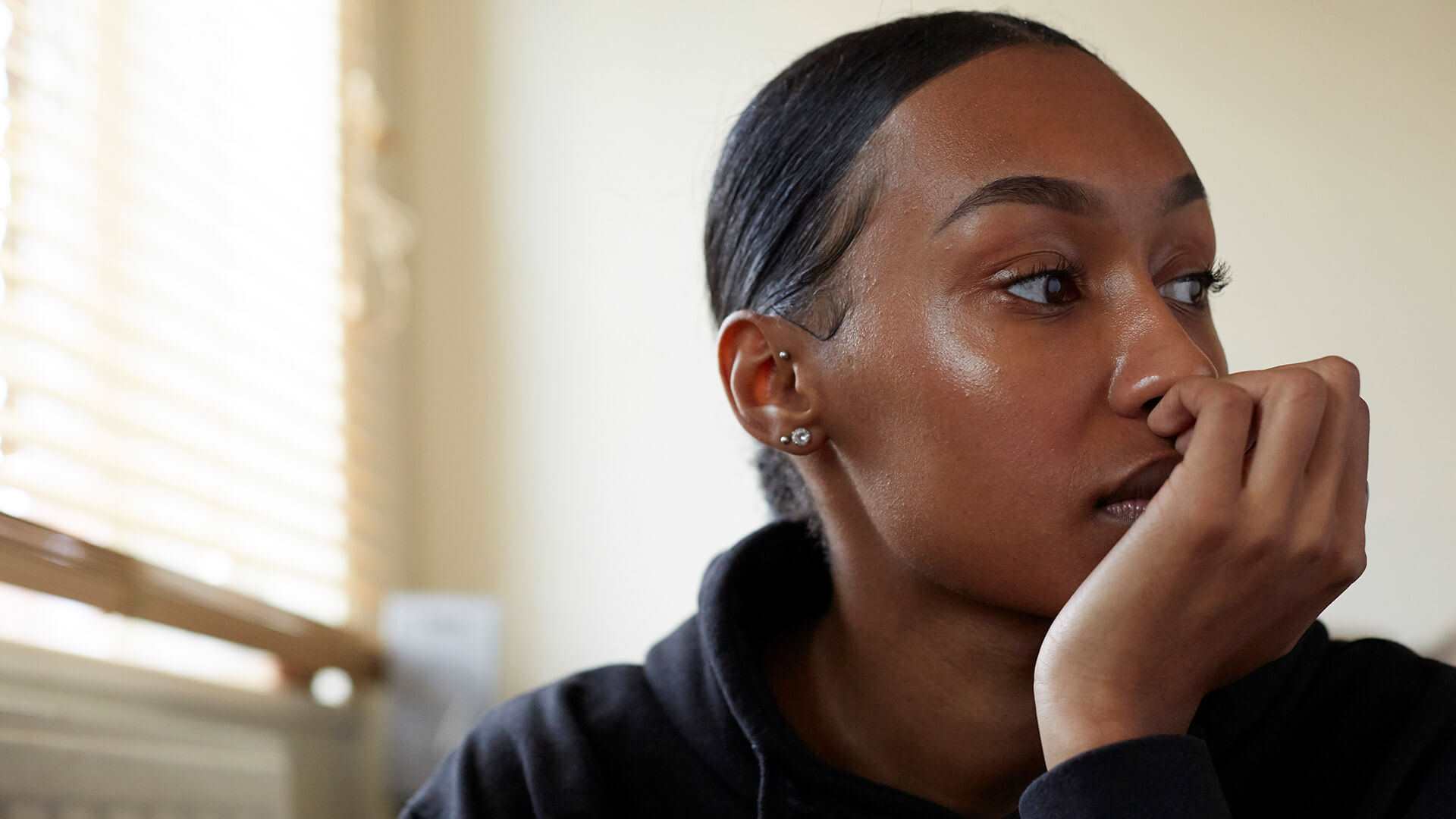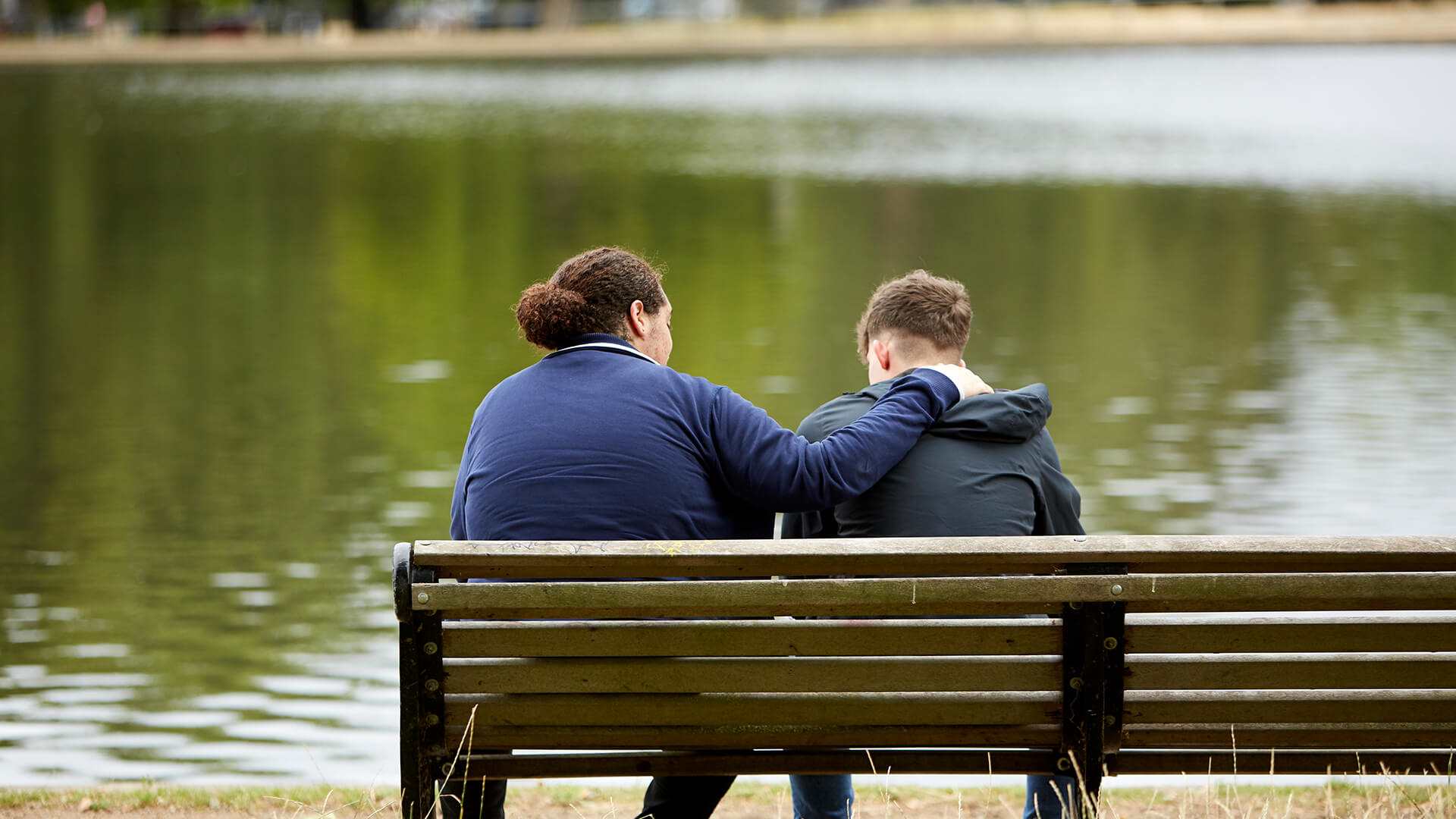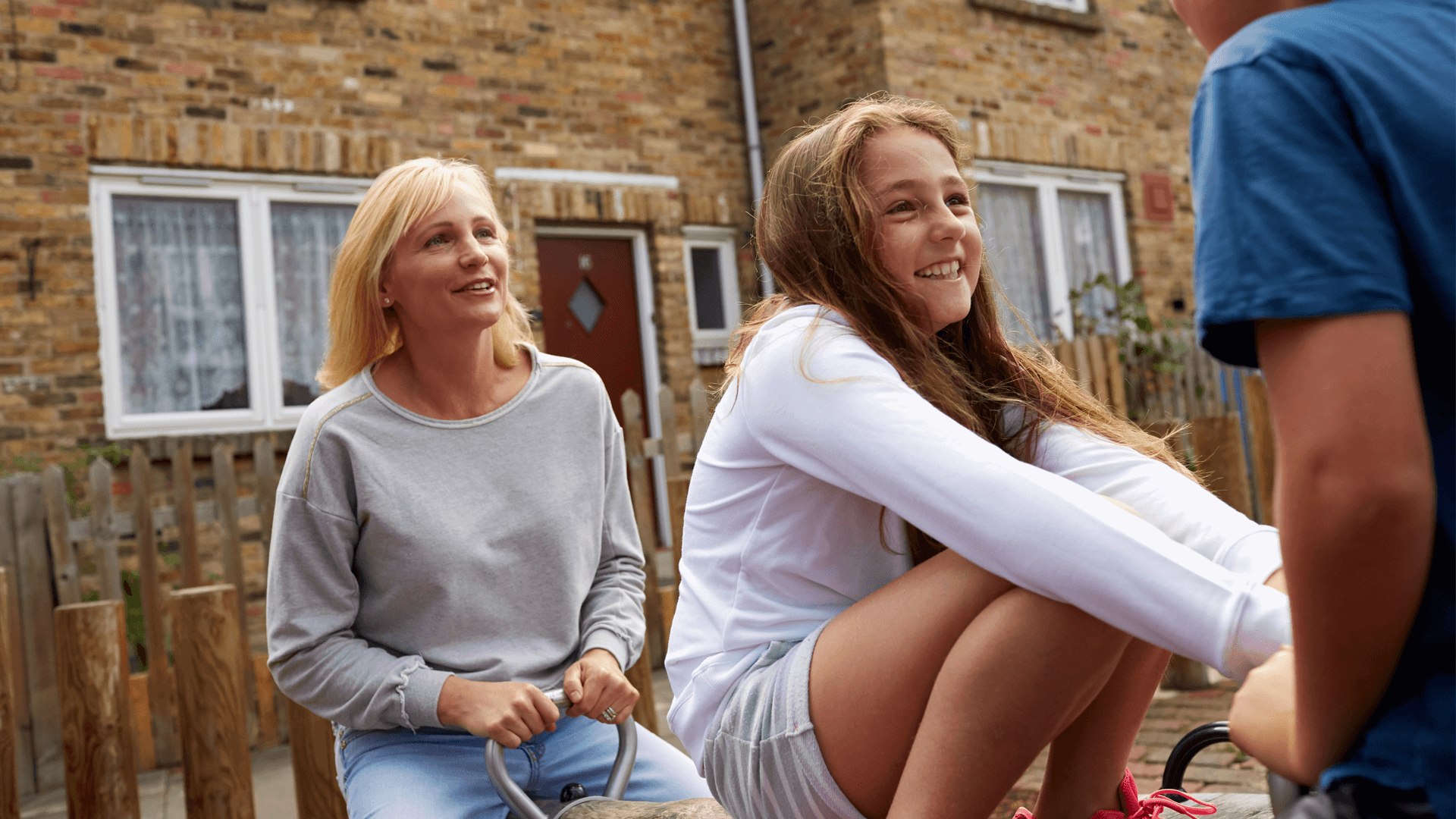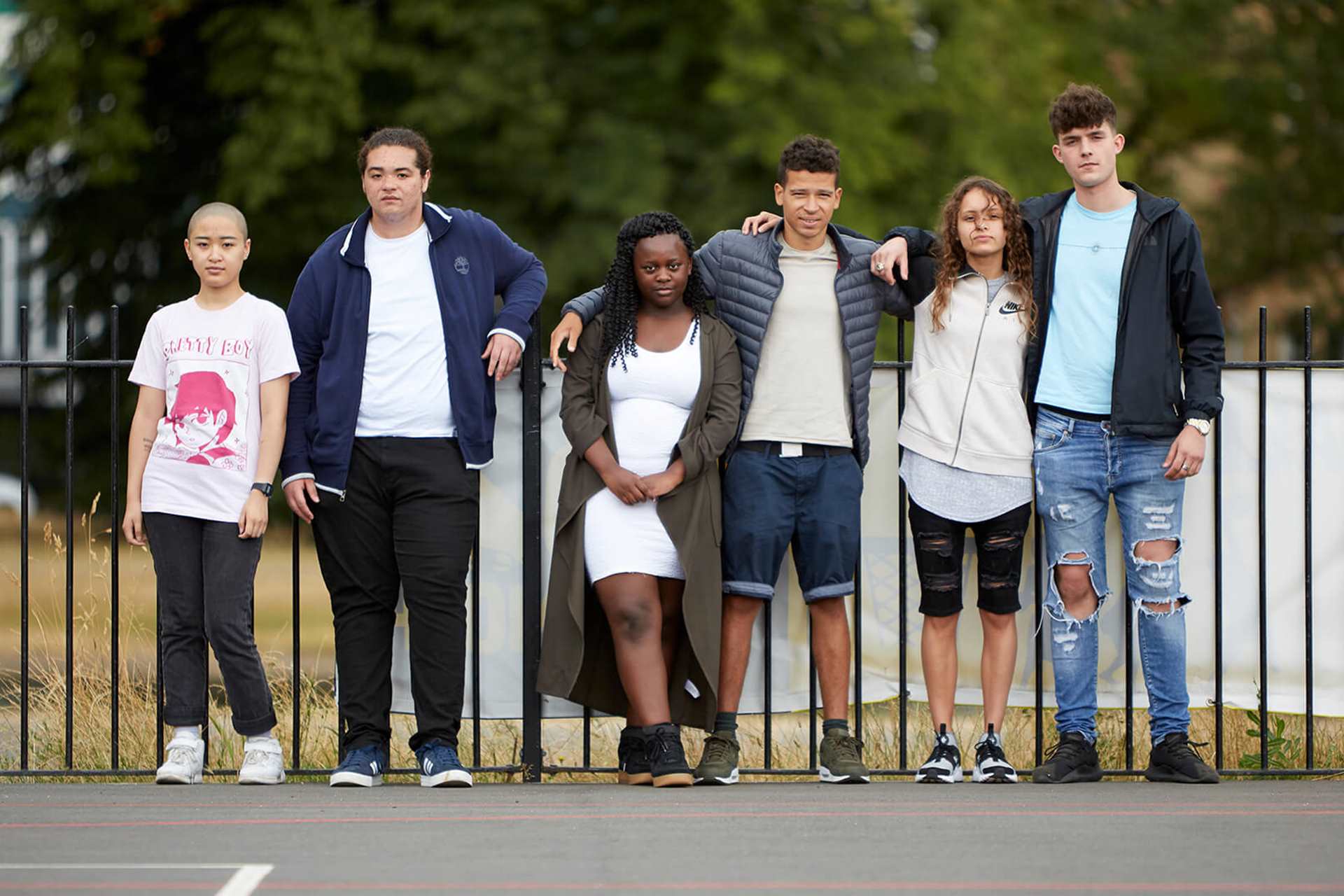Topics mentioned: reaching out for help
Author: Rosie, 23
About: Opening up about our mental health can be scary, even if it's with people we trust. Rosie explains what this experience was like for her and why she's glad she did it.
When I was struggling with my mental health for the first time, I had the same recurring thoughts that I know lots of other people have: ‘you are faking’, ‘you are making a big deal of nothing’, ‘you are doing this for attention’.
Talking to my mum about my mental health for the first time was probably the scariest - and simultaneously the best - thing I have ever done.
My mental health at university
Although it felt like I was moving through a fog, feeling everything at once or nothing at all, I told myself I could only suffer in silence and maintain the illusion that everything was fine. I went to university as usual, I socialised, I did my work, but I could feel myself getting worse and worse as time went on.
I’m sure this rings true for a lot of people. Unfortunately, it’s only recently that mental illnesses like depression and anxiety have become less taboo to talk about.
My fears were made worse by the fact that everyone else around me seemed to be enjoying university, making friends and generally thriving in their new environment, a perception I now know was incorrect. One in six young people aged 16-24 have symptoms of common mental health conditions like depression or an anxiety disorder.
I was worried that the people closest to me were going to join the voice in my head telling me that I was lying and making a fuss over nothing.
Scared to reach out for help
Even after recognising that something wasn’t right with me, it still took about a year before I found the courage to talk to my family about my mental health. Looking back three years later, this seems so silly.
At the time I was worried that the people closest to me were going to join the voice in my head telling me that I was lying and making a fuss over nothing. I wasn’t sure whether they would support me, or dismiss me.
Eventually, when I was home for Christmas, I decided that enough was enough. I couldn’t survive in silence, and even if I was dismissed, at least I had tried. Plus, if needed, I could always seek support elsewhere, like from my friends.
Opening up to someone I love was a way for me to take back control of my life.
A sense of relief
Talking to my mum about my mental health for the first time was probably the scariest - and simultaneously the best - thing I have ever done. The relief of no longer having to pretend to be fine was only just outweighed by the fact that she was immediately supportive and understanding.
She didn't dismiss my feelings. Afterwards, she even went out of her way to research and learn more about depression and anxiety to understand more about me and what I was going through.
Opening up to someone I love was a way for me to take back control of my life. It was a sign that I was strong enough to work through everything I had been pushing down. For months I had been barely floating above the surface. Voicing my struggles allowed me to start working my way back to shore.
The voice which tells me I am faking isn’t quite so loud anymore.
Ask for help as soon as you need it
Allowing myself to be vulnerable and talking to my mum was the most significant milestone in my relationship with my mental health. I now feel more comfortable talking about it with other people and have a strong support network.
I have also felt able to seek professional help. What’s more, the voice which tells me I am faking isn’t quite so loud anymore.
Opening up for the first time can seem like plunging off a cliff or falling into a blackhole, but regardless of how the other person reacts, you are making this jump for you: for you to be able to ask for help as soon as you need it; for you to no longer suffer in silence.
Where to get help
-
Samaritans
Whatever you're going through, you can contact the Samaritans for support. N.B. This is a listening service and does not offer advice or intervention.
- Opening times:
- 24/7
-
Childline
If you’re under 19 you can confidentially call, chat online or email about any problem big or small.
Sign up for a free Childline locker (real name or email address not needed) to use their free 1-2-1 counsellor chat and email support service.
Can provide a BSL interpreter if you are deaf or hearing-impaired.
Hosts online message boards where you can share your experiences, have fun and get support from other young people in similar situations.
- Opening times:
- 24/7
-
The Mix
Free, short-term online counselling for young people aged 25 or under. Their website also provides lots of information and advice about mental health and wellbeing.
Email support is available via their online contact form.
They have a free 1-2-1 webchat service available during opening hours.
- Opening times:
- 4pm - 11pm, Monday - Friday
